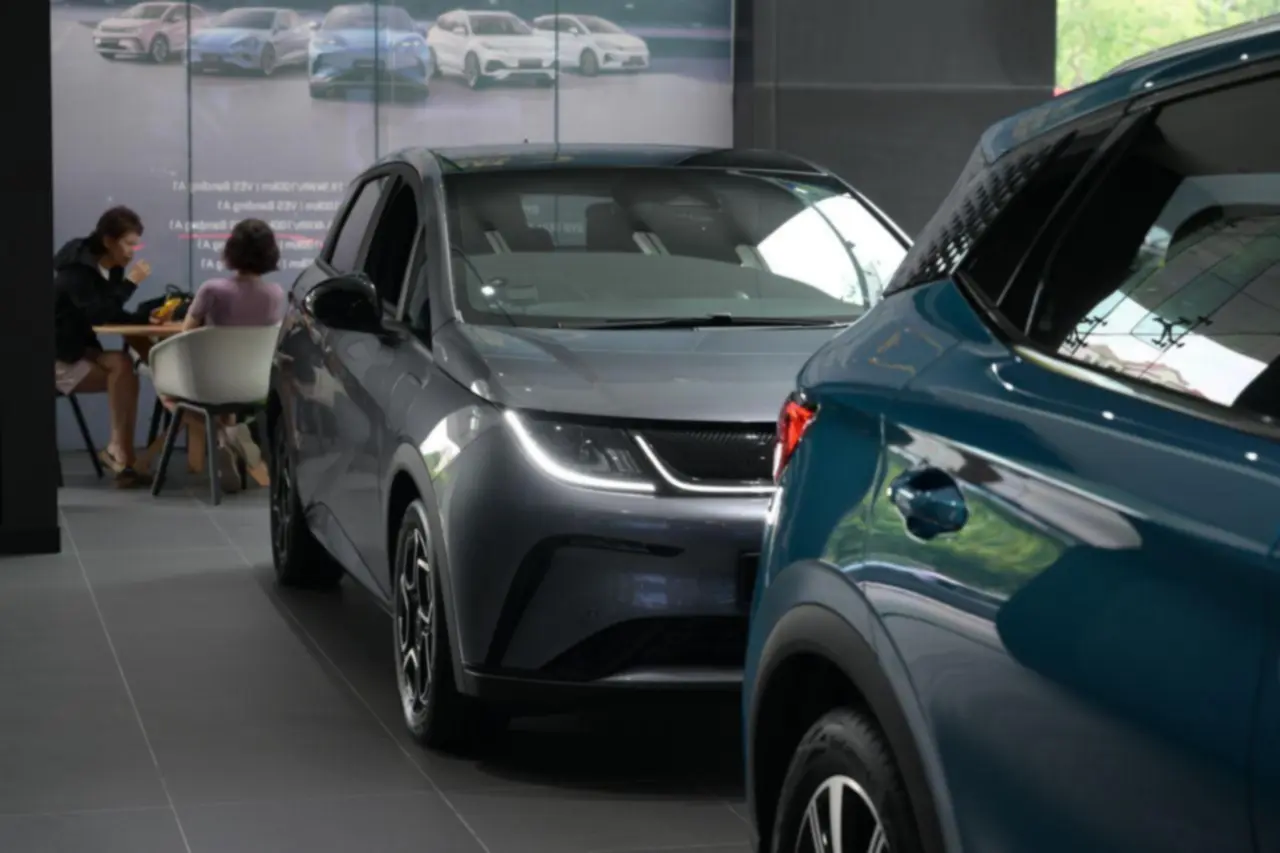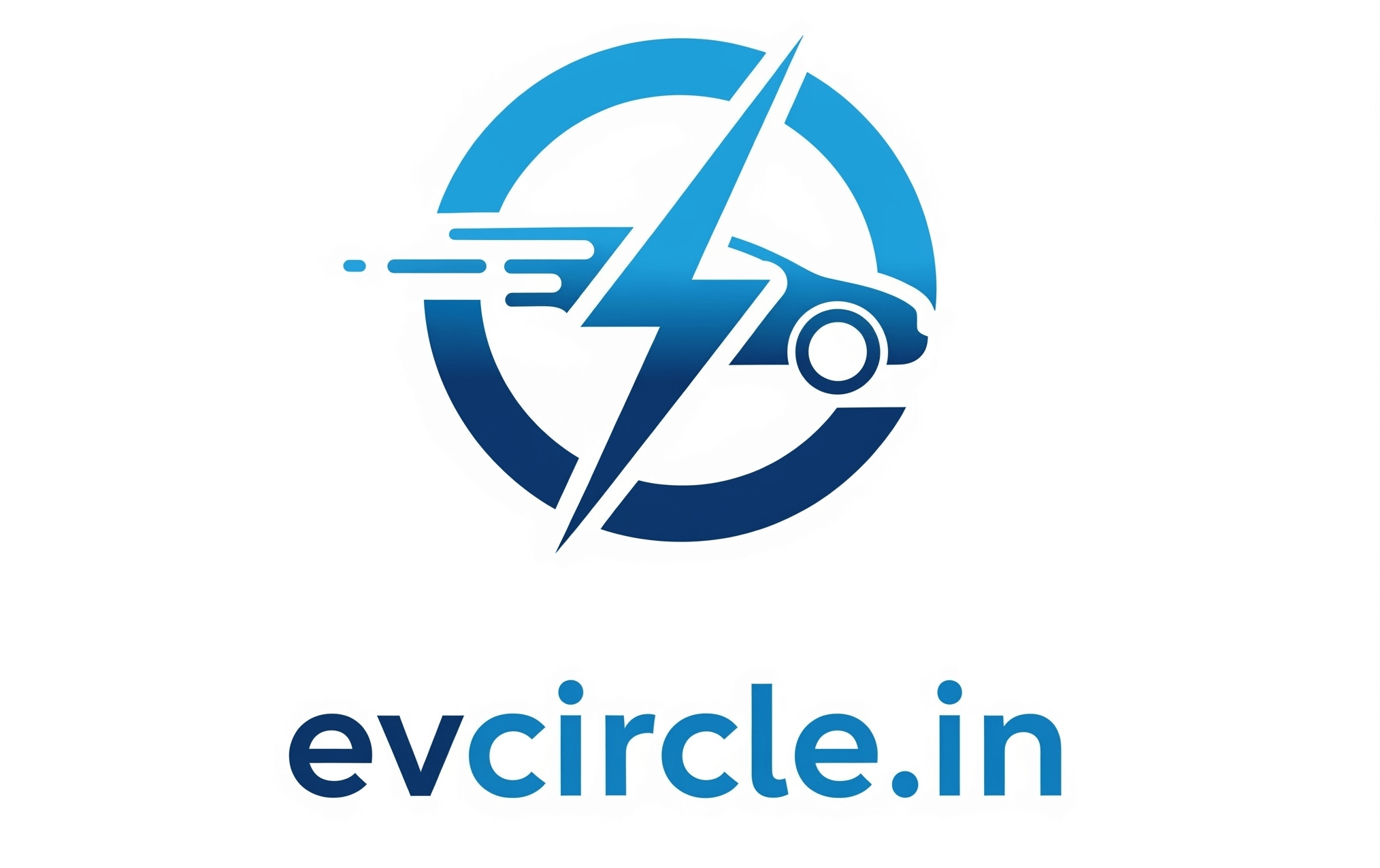
Motor dealers said the cut in rebates for electric vehicles (EVs) from January 2026 is likely to prompt some purchasers to buy cars before that deadline, which would in turn lift certificate of entitlement (COE) premiums. On Sept 8, the Land Transport Authority (LTA) and National Environment Agency announced that the combined rebates for the EV Early Adoption Incentive (EEAI) and Vehicular Emissions Scheme (VES) will be scaled back from $40,000 now to $30,000 in 2026.
From Jan 1, 2026, petrol-hybrid cars will also no longer receive the $2,500 rebate under the VES, which is designed to encourage drivers to switch to cleaner-energy vehicles. Both the EEAI and VES had been scheduled to end on Dec 31, 2025. The schemes grant rebates when a new car is registered to help offset the initial purchase cost.
In a joint statement, the authorities said:
“We expect a short-term increase in COE prices. Potential car buyers are strongly encouraged to be prudent in bidding on COEs.”
Motor dealers said COE premiums are likely to rise in the remaining months of 2025, as some buyers may scramble to secure the larger rebates. This is in addition to the usual year-end push by dealers to meet their annual sales targets.
Some dealers expect the COE premium for smaller cars in particular to come under even more strain. Prices for those COEs have already climbed sharply, fuelled by the demand for EVs, largely from Chinese marques. At the first tender exercise of September, the COE premium for smaller cars reached a record $107,889.
Mr Vincent Ng, a business consultant for car distributorship Vincar Group, estimates there are at least twice as many car owners in the market now compared with 2024 who are seeking to replace vehicles that are approaching the end of their 10-year COE life. He said this sizable pool of buyers may feel compelled to get a new car now, rather than wait and risk losing the higher incentives.
Mr Anthony Teo, managing director at Sime Motors, which distributes BYD in Singapore, said dealers will capitalise on the latest developments to press customers to act immediately. Chinese EV brand BYD is the top-selling car brand in Singapore so far in 2025, overtaking brands that offer both petrol and electric models such as BMW and Toyota.
When asked if consumers might be better off postponing their purchases to 2026, after the changes take effect and when supply is expected to increase further, Mr Teo said:
“No one can guarantee that COE premiums will drop by $10,000 in the new year.”
He added that COE premiums could remain elevated in early 2026, with stronger car sales during the Singapore Motorshow, usually held in January, and in the run-up to Chinese New Year.
In the short term, Mr Ng Choon Wee, commercial director of Hyundai distributor Komoco Motors, said his firm will aim to sell as many of its cars as possible in the remaining months of 2025. In addition to losing the $2,500 rebate next year for Hyundai’s smaller hybrid family car in 2026, the brand’s larger sport-utility vehicle hybrid models will face a $7,500 surcharge, up from no surcharge at present.
Mr Ng said that irrespective of the incentive changes, competition in the market has been fierce in 2025, driven by the influx of new Chinese brands vying for market share.
Ms Corinne Chua, managing director of Volvo at Wearnes Automotive, noted that when the COE premium for large cars hit $150,001 in 2023, it required an extra release of COEs by the LTA in November that year to push the price down. Premiums, however, edged up again after that.
“Ultimately, yo-yo COE prices are bad for everyone,”
she said.
Mr Nicholas Wong, chief executive of Honda agent Kah Motor, hopes the COE supply for the November 2025 to January 2026 period will be ample enough to soften the effect of the strong demand on COE prices. LTA will announce the COE supply for the three-month period ending January 2026 in October.
See also: Tesla Loses EV Dominance as Competitors Gain Ground
Tech enthusiast and researcher passionate about innovations shaping the future of mobility.

Leave a Reply